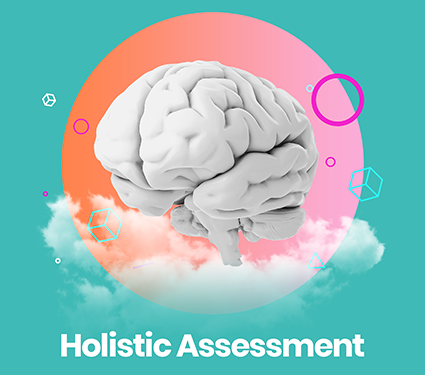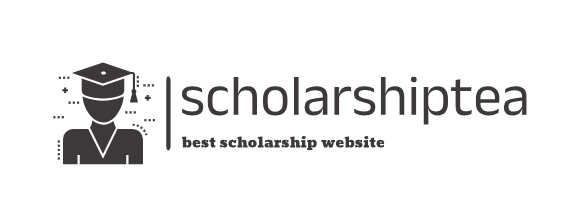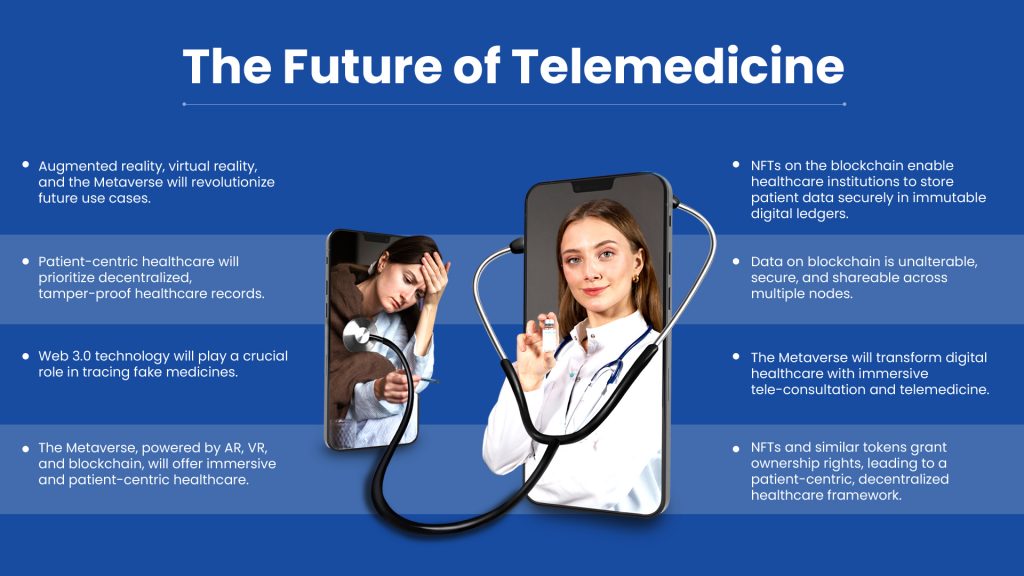Holistic Applicant Evaluation

Holistic Applicant Evaluation: A Comprehensive Approach to Talent Assessment
In today’s competitive job market and academic admissions landscape, organizations and institutions are shifting towards a more holistic approach to applicant evaluation. Traditional assessment methods, such as standardized test scores and resumes, often fail to capture an individual’s true potential. Holistic applicant evaluation considers a wide range of factors, including skills, experiences, character, and cultural fit, to make more informed and equitable decisions.
What is Holistic Applicant Evaluation?
Holistic applicant evaluation is a process that assesses candidates based on multiple dimensions rather than focusing solely on quantitative metrics. It recognizes that an individual’s potential extends beyond academic achievements or job experience and includes attributes like problem-solving abilities, leadership, emotional intelligence, and adaptability. This approach is widely used in both educational admissions and corporate hiring to ensure a fair and inclusive selection process.
Key Components of Holistic Evaluation
1. Academic and Professional Background
While grades, certifications, and work history are essential, they are only part of the equation. Evaluators consider how an applicant’s background aligns with the role or program and their ability to apply their knowledge effectively.
2. Skills and Competencies
Holistic evaluations assess both hard and soft skills. Hard skills include technical proficiencies relevant to the role, while soft skills, such as communication, teamwork, and critical thinking, are crucial for long-term success.
3. Extracurricular Activities and Volunteer Work
Participation in extracurricular activities, community service, and leadership roles demonstrates an applicant’s initiative, teamwork, and commitment to personal and professional growth.
4. Personal Essays and Interviews
Personal statements and interviews offer deeper insights into an applicant’s motivations, aspirations, and unique perspectives. These components help evaluators understand how a candidate aligns with an organization’s or institution’s values and mission.
5. Letters of Recommendation
Endorsements from mentors, employers, or educators provide valuable third-party insights into an applicant’s work ethic, character, and potential contributions.
6. Diversity and Inclusion Considerations
A holistic evaluation ensures that applicants from diverse backgrounds have equal opportunities. It helps mitigate biases and acknowledges different paths to success, promoting equity in hiring and admissions.
Benefits of Holistic Applicant Evaluation
1. Enhanced Diversity and Inclusion
By considering various aspects of an applicant’s background, holistic evaluation reduces biases associated with traditional selection methods. It allows individuals from different socioeconomic backgrounds and educational paths to compete fairly.
2. Better Talent Identification
Holistic evaluation identifies candidates who may not have the highest test scores or most prestigious backgrounds but possess the creativity, resilience, and problem-solving skills needed for success.
3. Improved Organizational and Institutional Fit
By assessing values, cultural alignment, and long-term potential, holistic evaluation ensures that selected candidates will thrive within the organization or academic institution.
4. Encouragement of Well-Rounded Development
Holistic assessments encourage applicants to develop a diverse set of skills and experiences rather than focusing solely on grades or technical expertise.
Challenges of Holistic Applicant Evaluation
Despite its advantages, holistic evaluation presents challenges, such as:
- Subjectivity in Assessment: Evaluators may have unconscious biases, making it crucial to have standardized assessment criteria.
- Time-Consuming Process: Holistic evaluations require more time and resources compared to traditional assessment methods.
- Scalability Issues: Large organizations and institutions may struggle to implement personalized evaluations on a large scale.
Best Practices for Implementing Holistic Evaluation
- Develop Clear and Transparent Criteria: Establishing well-defined evaluation rubrics ensures fairness and consistency.
- Use a Combination of Assessment Methods: Interviews, tests, and portfolio reviews provide a comprehensive view of an applicant’s abilities.
- Incorporate AI and Data Analytics: Technology can help streamline the evaluation process while reducing biases.
- Train Evaluators on Bias Awareness: Ensuring assessors are aware of potential biases promotes fair decision-making.
- Seek Continuous Feedback and Improvement: Regularly refining the evaluation process enhances its effectiveness and inclusivity.
Conclusion
Holistic applicant evaluation is a transformative approach that enables organizations and educational institutions to identify well-rounded individuals with the potential to succeed. By considering multiple facets of an applicant’s background, skills, and character, this method fosters diversity, fairness, and better decision-making. As the job market and academic landscape continue to evolve, embracing holistic evaluation will be crucial in building strong, innovative, and inclusive communities.




Leave a Comment